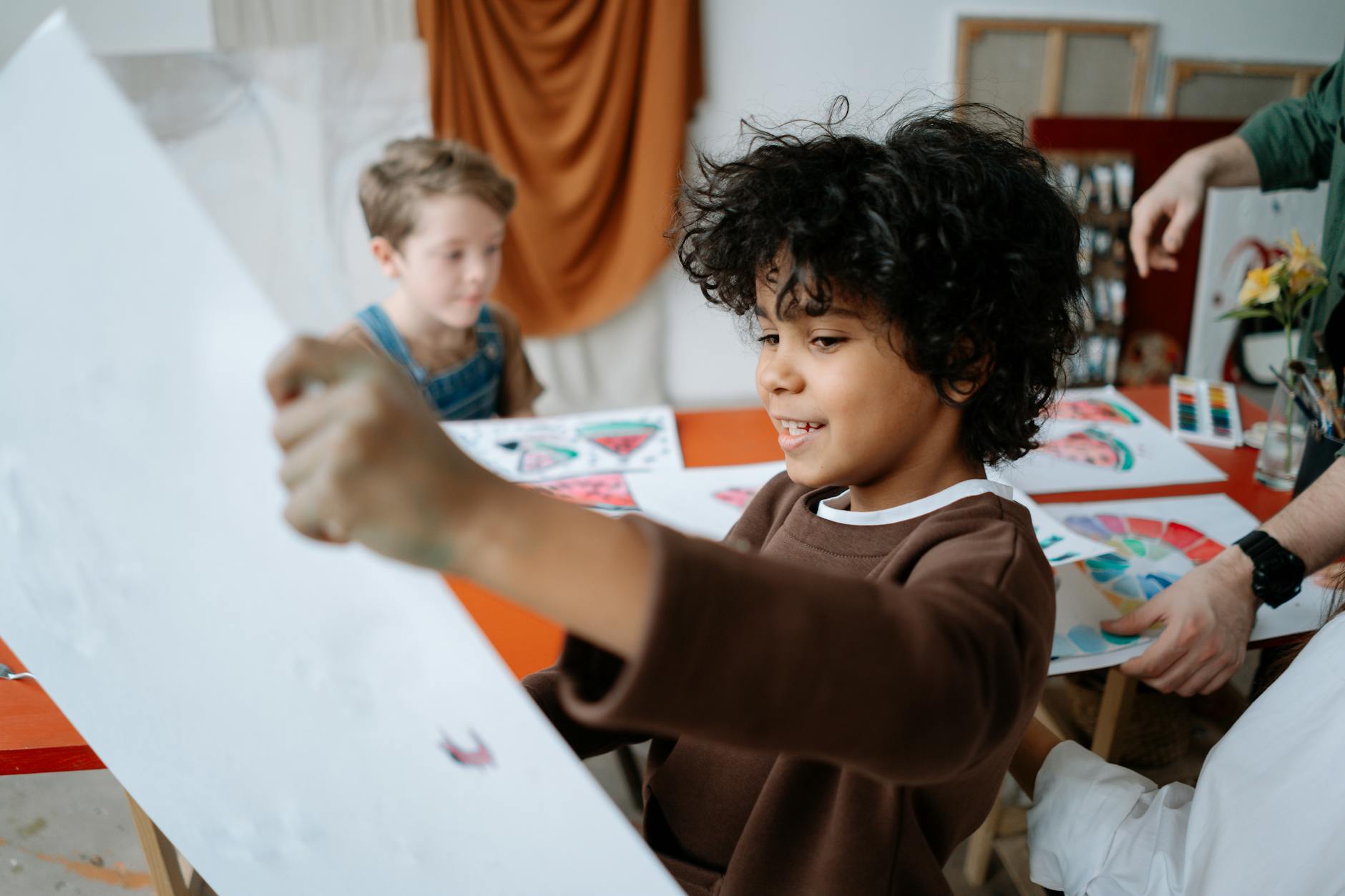How to Enhance Aged Care Operations in Australia with Local Insights

Improving Facility Operations
In the hustle of managing aged care facilities, efficiency is critical. Like the bustling atmosphere at South Bank Parklands, aged care operations thrive on well-organized, planned activities. Effective facility operations begin with optimising your team’s daily activities to maintain a smooth workflow. Concentrating on these core elements not only ensures resident satisfaction but also upholds the facility's reputation. For example, synchronising meal preparation times with leisure activities can free staff for other essential tasks, making use of cert 3 childcare methods which can bolster operational efficiency even though its primary purpose is childcare training. It's not about directly applying these skills, but adopting their systematic approach to support aged care environments.
While integrating these practices, enhancing your communication systems becomes increasingly vital to maintain operational transparency. Streamlined communication can prevent misunderstandings and align staff with operational goals. Adopting steps such as daily briefings and digital scheduling tools can create a positive environment, not unlike the camaraderie found among sports enthusiasts at The Gabba.
Moreover, consider implementing progressive safety protocols. Just as we prepare our families for adventures, it's essential to ensure the safety of the residents and staff as your foremost priority. Training programs focused on immediate hazard recognition and response can safeguard both personnel and residents. A culture of vigilance helps maintain a secure atmosphere, echoing the thrill yet safety measures found during events at The Gabba.
Boosting Employee Training
Focusing on employee training is crucial for ensuring that aged care facilities meet high standards of service and care. As someone transitioning from logistics to aged care, I've learned that identifying skill gaps among staff is the first step to effective team development. Observing team interactions and conducting performance reviews at our Brisbane facility, I've noticed specific areas requiring targeted support, particularly in understanding nuanced healthcare needs. This observational method has been instrumental in aligning our training programs effectively.
Utilizing Local Training Resources
Local resources, especially in a vibrant city like Brisbane, offer numerous opportunities to enhance team skills. Leveraging partnerships with institutions around the Brisbane Powerhouse has been beneficial for our team’s progress. These partnerships have allowed us to access relevant child care courses and seminars that contribute significantly to our employees' professional growth. Such programs, tailored to the dynamics of aged care, help our staff adapt more quickly to their roles.
Encouraging Continuous Education
Promoting a culture of continuous education ensures that our team remains updated on industry advancements. We've developed a strategy that encourages staff to pursue workshops and courses. Incorporating operational tips, such as setting realistic goals and providing flexible scheduling, has motivated our team to engage in learning more proactively. By integrating these practices into our facility’s culture, we empower our staff to contribute more effectively to enriching the lives of our residents, making the operational environment in aged care progressively robust.
Leveraging Local Partnerships
Collaborating with Community Services
When it comes to integrating community services into aged care operations, the focus should revolve around establishing sustainable partnerships. In Brisbane, one might look towards local entities near The Gabba, renowned for its community engagement activities. Engaging with these services not only broadens the support network for residents but enhances facility-based activities as well. For instance, partnerships with local libraries and cultural centres can bring diverse programs into your facility, fostering a vibrant community spirit.
Engaging Local Health Professionals
Bringing local health professionals into your facility creates a more comprehensive care plan for residents. Establish relationships with practitioners who are familiar with local health trends. They can provide invaluable insights and early childhood education techniques to enhance intergenerational activities in the facility. By doing so, not only do you enrich residents' experiences, but you also bolster your operational capabilities with expert knowledge.
Integrating Volunteer Programs
Volunteer programs serve as an effective way to inject fresh energy and varied activities into aged care operations. Cooperating with universities and volunteer organisations around Brisbane, like those connected to the Brisbane Powerhouse, can help facilitate a steady flow of enthusiastic volunteers. These individuals can support daily operations and create meaningful interactions with residents, thus improving overall care standards. Enlisting volunteers requires sturdy framework and efficient management, ensuring that both volunteers and residents benefit from the association.
Adapting to Regulatory Requirements
Navigating Health Regulations
Navigating the complex landscape of health regulations in aged care can often feel overwhelming. As an operations manager, I've learned the importance of keeping abreast of the latest requirements, which can be a crucial component in maintaining compliance. My experience has taught me that regularly reviewing national guidelines and cross-referencing them with our organisational practices can provide invaluable insights. Using government resources and industry forums are effective methods to stay updated. It's all about proactively managing these regulations to ensure that the care we provide meets the required standards.
Staying Informed on Policy Changes
To remain compliant, you have to keep updated on policy changes, which is essential for your team’s operation. I recommend subscribing to newsletters from pertinent industry bodies and attending webinars, which often offer the latest updates directly from policy makers. Furthermore, networking with peers in the aged care sector provides an opportunity to discuss and clarify the implications of new policies. This collective approach aids in implementing changes effectively.
Ensuring Regulatory Compliance
Ensuring regulatory compliance is a continuous process that demands vigilance. Regular audits and training sessions are indispensable tools. Encourage your team to participate in aged care training designed to align with current regulations. They serve not only as a refresher but also as preparatory measures for upcoming audits and inspections. Remember, integrating compliant practices into daily operations is key to preventing potential pitfalls and maintaining the facility's credibility.
Best Practices
Cultivating a Positive Work Environment
Creating a harmonious work environment is crucial for achieving operational excellence. At the heart of effective aged care management is the commitment to a positive workplace culture. As someone who has navigated operational systems akin to navigating the pathways of the South Bank Parklands, I can assure you that it's vital to prioritise open communication and mutual respect among staff. This approach enhances job satisfaction and encourages staff retention—a common challenge in our sector. Regular team meetings coupled with initiatives recognising individual contributions can go a long way in boosting morale and performance.
Focusing on Resident Centricity
With our proximity to bustling spots like Brisbane Powerhouse, it’s essential to remember that the core of our operations revolves around resident well-being. Shaping care plans that are responsive to individual needs can enhance their quality of life significantly. It's not just about physical health; emotional and social well-being should also be woven into daily routines. Promoting resident-led activities, similar to the engaging events at The Gabba, assures residents feel empowered and valued.
Tracking and Evaluating Performance
Leverage performance metrics to drive operational efficiency. Just as a well-oiled machine operates seamlessly, our facilities should be geared toward meticulous monitoring and evaluation. Implementation of benchmarks can help identify areas needing improvement. For example, tracking 'incident response times' or 'resident satisfaction scores' provides clarity and directs strategic enhancements. This data-driven approach ensures that goals are aligned with the best interests of both staff and residents.


